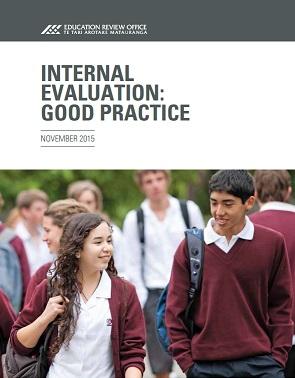New ERO research finds targeted programmes successful in supporting NCEA students after lockdown
Published: 25 Aug 2021
A new report from the Education Review Office (ERO) has found that tailored programmes were successful in supporting Auckland NCEA students learning after lockdown last year.
- Audience:
- Academics
- Education
- Parents
- Schools
- Content type:
- News article
- Topics:
- Te Ihuwaka
- Whānau
- COVID-19
- English-medium
- Learning
- Māori
- Māori ākonga / learners
- Māori and Pacific learners
- National Certificate of Educational Achievement (NCEA)
- Pasifika
- Students
- Teaching
- Wellbeing
- Whānau









